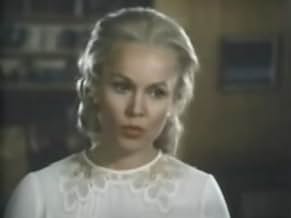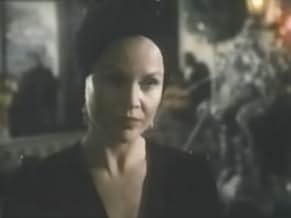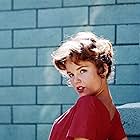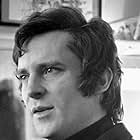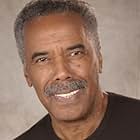Alexandre Bisson's turn-of-the-century warhorse of a stage weepie has served movie producers well, with three silent and four talkie versions to date. The latest is a TV film where the set-up resembles Ross Hunter's glossy Lana Turner vehicle of 1965 (reviewed by me) and that screenplay's writer gets a credit.
Tuesday Weld is a 'flying waitress' (stewardess) from San Diego named Holly who marries an aristocratic would-be politician with a bitchily snobbish and protective mother. The guy to whom she guiltily succumbs while hubby's neglecting her in DC dies by falling downstairs, precipitating her exile to avoid bringing scandal on the clan-- also like the Hunter production. Twist is that an infant daughter, not a son as in Bisson's original, grows up to be a lawyer and defends her mom (unknowingly) in a murder trial many years later. Thus the mother-son charge of the previous films is lost, and the gay frisson with it; instead, we have faint feminist overtones.
Granville Van Dusen doesn't look or sound patrician as the weakling husband who acquiesces in his wife's disappearing act, and her fling with his friend is unmotivated. Dark, gaunt Eleanor Parker is Big Momma in her latter-day harpy mode, as seen most spectacularly in 'An American Dream'; but here her lines are lackluster, and she does not match the venomous hauteur of Constance Bennett putting down and expelling Lana. The 1981 production is soapy when it should be madly melodramatic: there is a touch of the Danielle Steels or Barbara Taylor Bradfords in the script's polish job by Edward Anhalt, who also pops up as the trial judge.
The action begins in 1956, but Weld's coiffeur and maquillage are not of the Fifties. She was touted as a kid model who'd finally become a Real Actress in 'Pretty Poison', but her squeaky, querulous manner as Holly does not impress alongside Lana Turner's post-Stompanato, dues-paid grandeur.
The nice Danish doctor-protector of the 1965 entry becomes a nice Irish ditto, played by Jeremy Brett with the hectoring raillery that would soon fit him to be Sherlock Holmes. To inject a faint sense of time passing, Holly later has an interlude with a draft-dodging drug dealer in Munich. Her fatal liaison with a Spanish conman (no match for 1965's Burgess Meredith) and the courtroom sequence are hasty and flat. So is her death scene in the cell. The TVM loses its nerve where Hunter's production pulled out the emotional stops and finished in a kind of lush bleakness. As so often, the tube has diminished its material.



